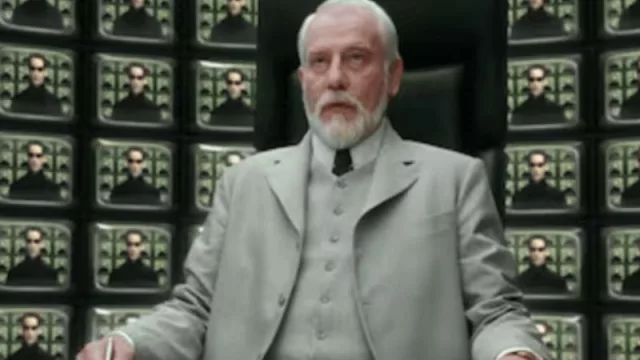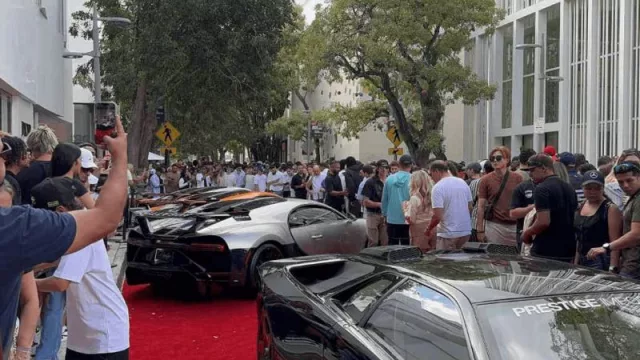Summary and Tips
Bob Iger has revealed that Disney will once again concentrate on entertainment, removing elements from its narrative that have been deemed divisive. This shift aims to win back a broader audience and restore the company's image after years of political tensions.
Iger's recent statement about Disney’s future clearly indicates that the company seeks to re-establish its connection with the public. The decision to abandon a 'woke' agenda in favor of entertainment could be a crucial step toward reclaiming its image and audience trust. "Entertainment should be the priority; politics is bad for business," says corporate governance expert Charles Elson. This approach could not only revitalize Disney but also redefine its role in an ever-evolving media landscape.
A Necessary Strategic Shift
"During a meeting with investors, Iger emphasized that 'our priority must be to entertain, not to promote agendas.'" This declaration marks a significant change in Disney's artistic direction, which has faced criticism for its creative decisions in recent years. The company has been scrutinized for featuring LGBTQ+ characters in productions like "Lightyear" and "Strange World," as well as for altering traditions in its theme parks.
The Controversy and Its Consequences
"Since 2020, Disney has implemented initiatives favoring diversity and inclusion," but these decisions have come at a cost. The clash with Florida Governor Ron DeSantis culminated in the loss of Disney's special tax status in the state, resulting in "a prolonged legal battle that tarnished the company's reputation." This conflict has highlighted how creative decisions can have repercussions in both the political and commercial spheres.
The Need to Reconnect
"The audience is very diverse, and we must be careful not to divide our viewers," Iger stressed. This acknowledgment of audience diversity is crucial for Disney's future. By scrapping a storyline featuring a trans character in the upcoming animated series "Win or Lose," the company aims to avoid alienating certain segments of its audience.
The Value of Inclusion
"Despite this shift in focus, Iger assures that they won’t abandon the values that inspired hits like 'Coco,' 'Black Panther,' and 'Moana.'" Cultural and social representation will remain important, but the company will seek to integrate these elements in a way that avoids division. This balance is essential in a world where public perception can change rapidly.
The Agreement with Trump: A Strategic Move
"Disney settled a defamation lawsuit filed by Donald Trump against ABC News," reflecting the complexities of operating in a volatile political environment. Although the settlement came at a financial cost, it "avoided a prolonged conflict in a complicated political context." Such strategic decisions are vital for the company’s survival in an increasingly competitive market.
And of course, a potential agreement with the Governor of Florida is taking shape.
Frequently Asked Questions (FAQs)
Why has Disney decided to move away from the 'woke' agenda?
Disney aims to regain favor with a broader audience and avoid divisions that have harmed its image.
What specific changes will be implemented in Disney productions?
Controversial plots are expected to be eliminated, prioritizing entertainment without a political agenda.
How will this affect cultural representation in their films?
Representation will remain important, but an approach that avoids creating multiple divisions within the audience will be sought.
-
Subscribe for free to receive the most strategic, agile, and valuable insights at: https://infonegocios.miami/suscribite-al-newsletter
Infonegocios NETWORK: 4.5 million Anglo-Latinos united by a passion for business.
Contact Infonegocios MIAMI:[email protected]












Tu opinión enriquece este artículo: